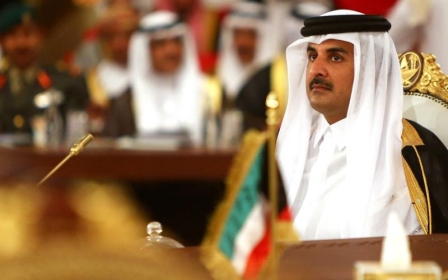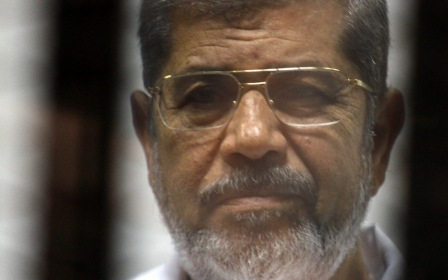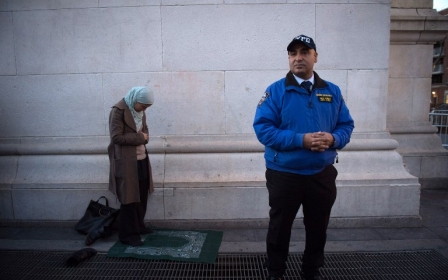Blacklisting Muslim Brotherhood would complicate US diplomacy, Tillerson says
US Secretary of State Rex Tillerson appeared to voice opposition to designating the Muslim Brotherhood as a terrorist organisation, saying that such a classification would complicate Washington’s relations in the Middle East.
Tillerson’s comments come months after he lumped the Brotherhood with al-Qaeda during his confirmation hearing when talking about militant threats in the region.
Republican lawmakers have led calls for blacklisting the organisation, while reports indicated that President Donald Trump was seriously considering the move during the early days of his presidency.
Tillerson told the Senate Foreign Relations Committee on Wednesday that the Brotherhood has about 5 million members and has become “somewhat segregated” within its own ranks, where subgroups “continuing to commit themselves to violence” are already blacklisted by the US.
“But at the top of the quality chain, if I can call it that, there are elements of Muslim Brotherhood that have now become parts of governments,” Tillerson said, citing members of parliament in Turkey and Bahrain who belong to the Brotherhood.
“Those elements have become so by renouncing violence and terrorism,” he added.
The top US diplomat said designating the Muslim Brotherhood in its “totality” as a terrorist organisation would cause complexities in dealing with governments where the group is represented.
The Muslim Brotherhood, founded in 1928, is an active political organisation with offshoots participating in elections in Turkey, Jordan, Lebanon, Gaza, Tunisia and Morocco. While the movement has engaged in violence in certain places throughout its history, it has largely operated through political parties to achieve its Islamist aims.
The Brotherhood’s Mohamed Morsi became Egypt’s first democratically elected president in 2012, but he was overthrown by a military coup a year later. Morsi's overthrow was followed by a massive campaign of repression against the movement, in which most of its leaders in Egypt were jailed. Subsequently, Cairo banned the Muslim Brotherhood and declared it a terrorist organisation.
Several Gulf countries that backed the Egypt coup also blacklisted the Brotherhood.
Blacklisting the organisation has also sparked domestic US civil rights concerns, where Muslim American activists have expressed worries that the designation could be used to crack down on their freedom of religion.
“The Muslim Brotherhood, amongst anti-Muslim bigots in the alt-right, has been merely code language for Muslims in general... as a means of demonising Muslim organisations and activists who are promoting Islamic education as well as civic engagement,” Dawud Walid, the executive director of the Council on American-Islamic Relations (CAIR), told MEE in February.
Qatar’s alleged support for the Muslim Brotherhood has been a major point of disagreement and a catalyst in the diplomatic crisis between Doha and its Gulf neighbours.
Middle East Eye propose une couverture et une analyse indépendantes et incomparables du Moyen-Orient, de l’Afrique du Nord et d’autres régions du monde. Pour en savoir plus sur la reprise de ce contenu et les frais qui s’appliquent, veuillez remplir ce formulaire [en anglais]. Pour en savoir plus sur MEE, cliquez ici [en anglais].




